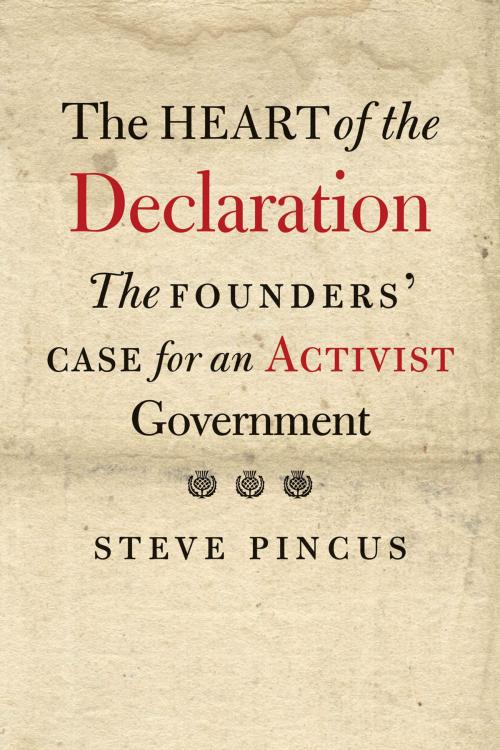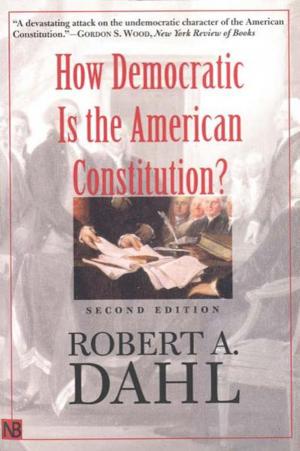The Heart of the Declaration
The Founders' Case for an Activist Government
Nonfiction, Reference & Language, Law, Constitutional, Social & Cultural Studies, Political Science, Government| Author: | Steve Pincus | ISBN: | 9780300224443 |
| Publisher: | Yale University Press | Publication: | September 27, 2016 |
| Imprint: | Yale University Press | Language: | English |
| Author: | Steve Pincus |
| ISBN: | 9780300224443 |
| Publisher: | Yale University Press |
| Publication: | September 27, 2016 |
| Imprint: | Yale University Press |
| Language: | English |
An eye-opening, meticulously researched new perspective on the influences that shaped the Founders as well as the nation's founding document
From one election cycle to the next, a defining question continues to divide the country’s political parties: Should the government play a major or a minor role in the lives of American citizens? The Declaration of Independence has long been invoked as a philosophical treatise in favor of limited government. Yet the bulk of the document is a discussion of policy, in which the Founders outlined the failures of the British imperial government. Above all, they declared, the British state since 1760 had done too little to promote the prosperity of its American subjects. Looking beyond the Declaration’s frequently cited opening paragraphs, Steve Pincus reveals how the document is actually a blueprint for a government with extensive powers to promote and protect the people’s welfare. By examining the Declaration in the context of British imperial debates, Pincus offers a nuanced portrait of the Founders’ intentions with profound political implications for today.
An eye-opening, meticulously researched new perspective on the influences that shaped the Founders as well as the nation's founding document
From one election cycle to the next, a defining question continues to divide the country’s political parties: Should the government play a major or a minor role in the lives of American citizens? The Declaration of Independence has long been invoked as a philosophical treatise in favor of limited government. Yet the bulk of the document is a discussion of policy, in which the Founders outlined the failures of the British imperial government. Above all, they declared, the British state since 1760 had done too little to promote the prosperity of its American subjects. Looking beyond the Declaration’s frequently cited opening paragraphs, Steve Pincus reveals how the document is actually a blueprint for a government with extensive powers to promote and protect the people’s welfare. By examining the Declaration in the context of British imperial debates, Pincus offers a nuanced portrait of the Founders’ intentions with profound political implications for today.















